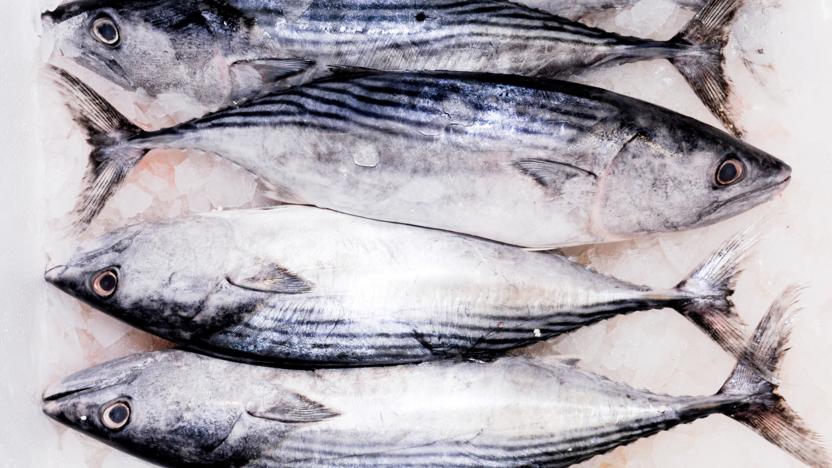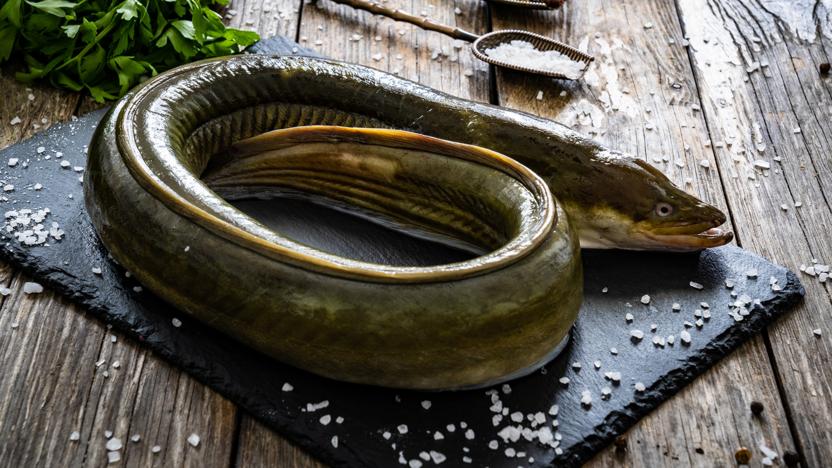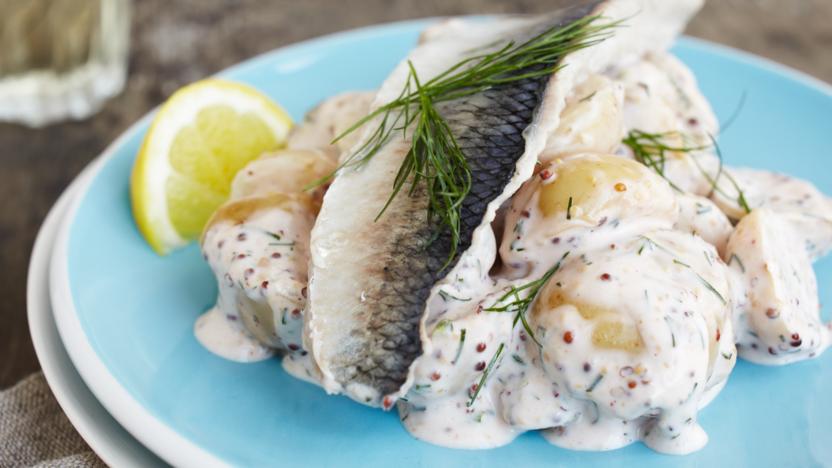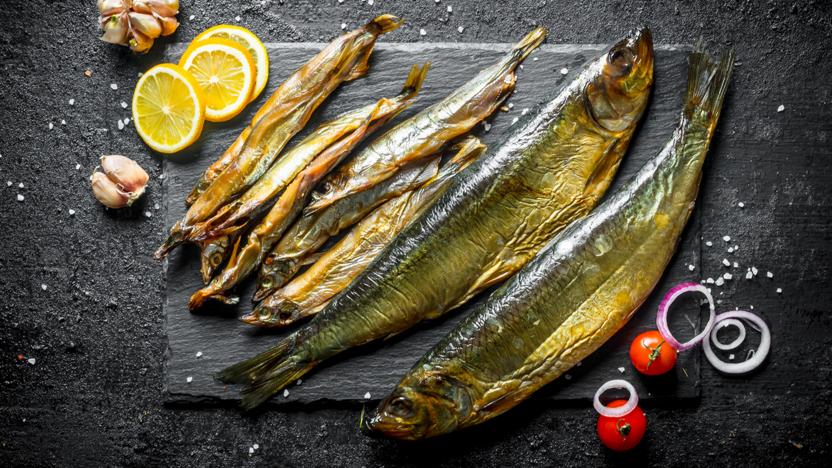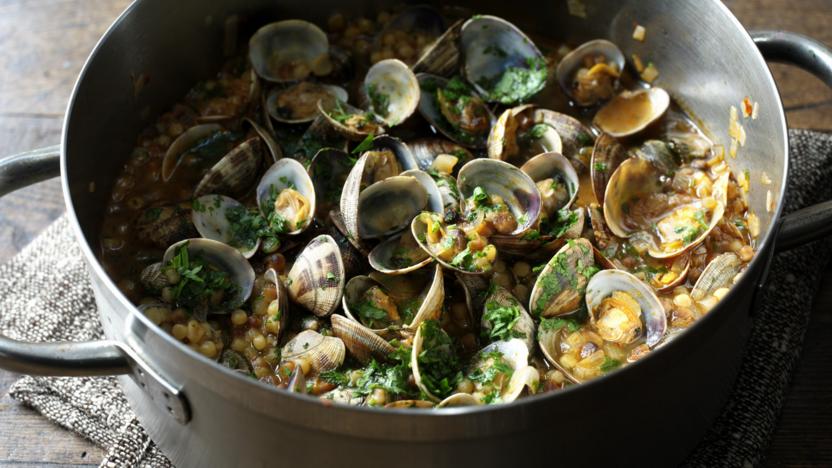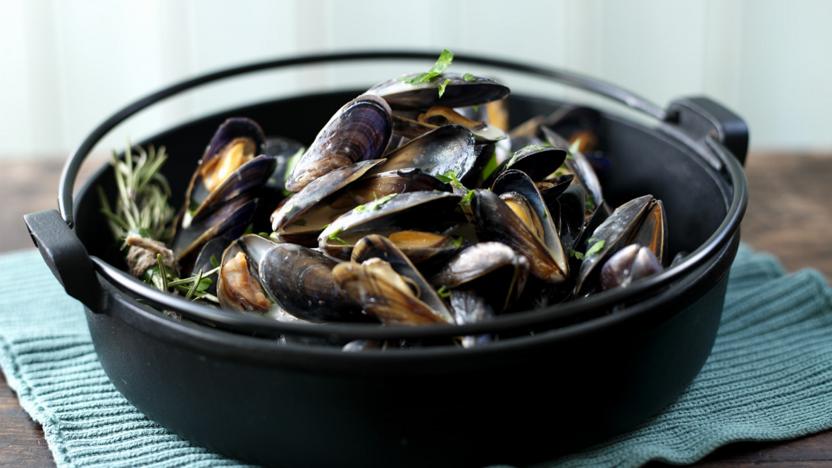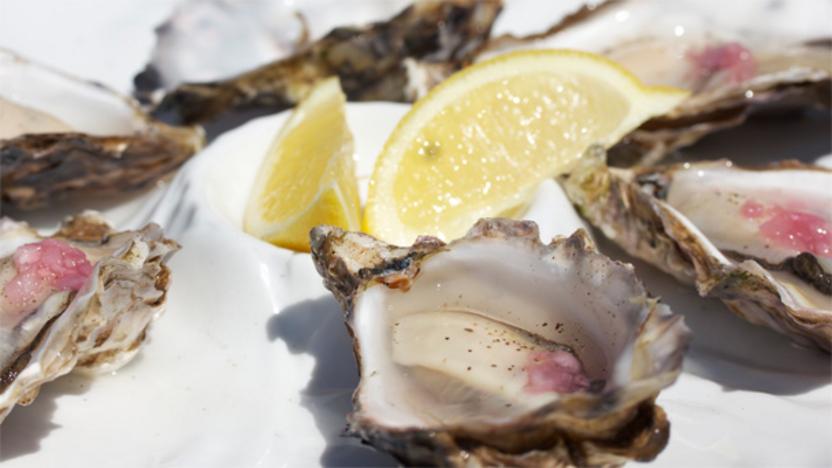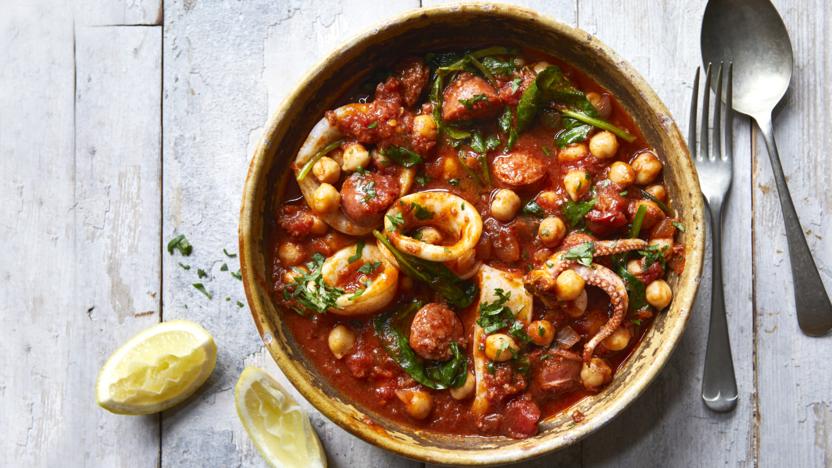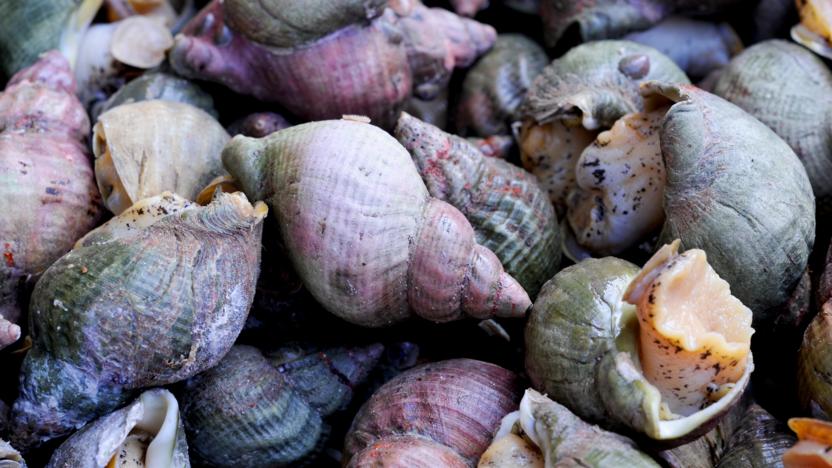Oily fish recipes
Oil-rich fish (or oily fish) are those that have oil distributed through their body, as opposed to white fish, whose main concentration of oils is located in the liver. Although oily fish contain higher levels of oil, they are an essential part of a healthy diet due to the presence of the fatty acid, long-chain omega-3. Oil-rich species include the mackerel and tuna group, herring and anchovy group, as well as salmon and trout. The most sustainable varieties of oily fish are mackerel, pilchards, sardines, herring and skipjack tuna (usually sold canned).
A potent combination of fresh mackerel, pungent horseradish and refreshing cucumber that’s a smashing start to any meal.
More oily fish recipes
Buyer's guide
In most cases, fresh is best when it comes to choosing oil-rich fish species because the natural fats occurring in these fish deteriorate and they lose their quality quickly. Oily fish tend to be landed and sold ungutted to maintain their quality. They’re generally also good value for money. Look for fish that are still stiff and rigid and in ‘rigor mortis’ – this will indicate that the fish has been out of the water for no more than a day or so. At this stage the fish will have bright, clear eyes, the gills will be a vibrant, red colour and it will hardly have any smell at all. As the fish loses condition it will become softer and its smell will become stronger.
Storage
Oily fish must be stored in as cool a place as possible and eaten quickly, ideally on the day of purchase. Arrange it in a single layer on a tray and keep cool by covering the fish with ice. Oil-rich species freeze well for a short period of time: gut or fillet them, pack into freezer bags as whole fish (or two portions at a time), extract the air and secure the bag. Defrost the fish for a few hours in the fridge before use.
Preparation
Oily fish are versatile. They suit grilling, barbecuing, roasting and baking and, in some cases, pan-frying. The natural oils give these fish an intense flavour that pairs well with other strong flavours.
Oily fish can also be successfully preserved - smoking, brining and salting are all popular preserving methods. Mackerel is available both hot-smoked and salted; tuna and mackerel are both sold canned too. Herrings can be smoked or transformed into rollmops; anchovies are salted and brined. Salmon and trout can both be hot- or cold-smoked.
Other considerations
Omega-3 is reported to be essential for maintaining good health and preventing diseases in old-age. It's also important for brain development in young children. However, the Food Standards Agency advises a limit to the quantity of oily fish that we should eat because these fish contain more mercury than other types of fish. The FSA recommends that girls and women who might have a baby one day, and women who are pregnant or breastfeeding eat up to two portions of oily fish per week. Other women, men and boys can eat up to four portions of oily fish a week. In addition, marlin, shark and swordfish are not recommended for consumption by boys or girls under 16 or by pregnant women or women who may wish to become pregnant.


